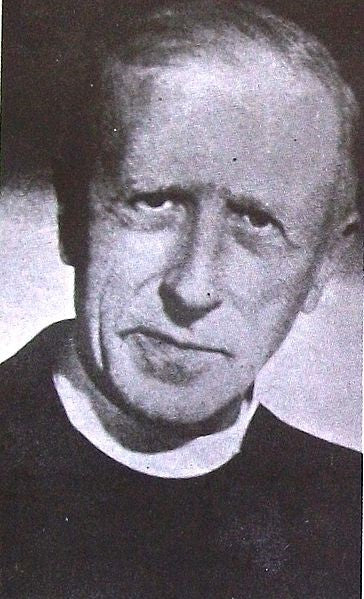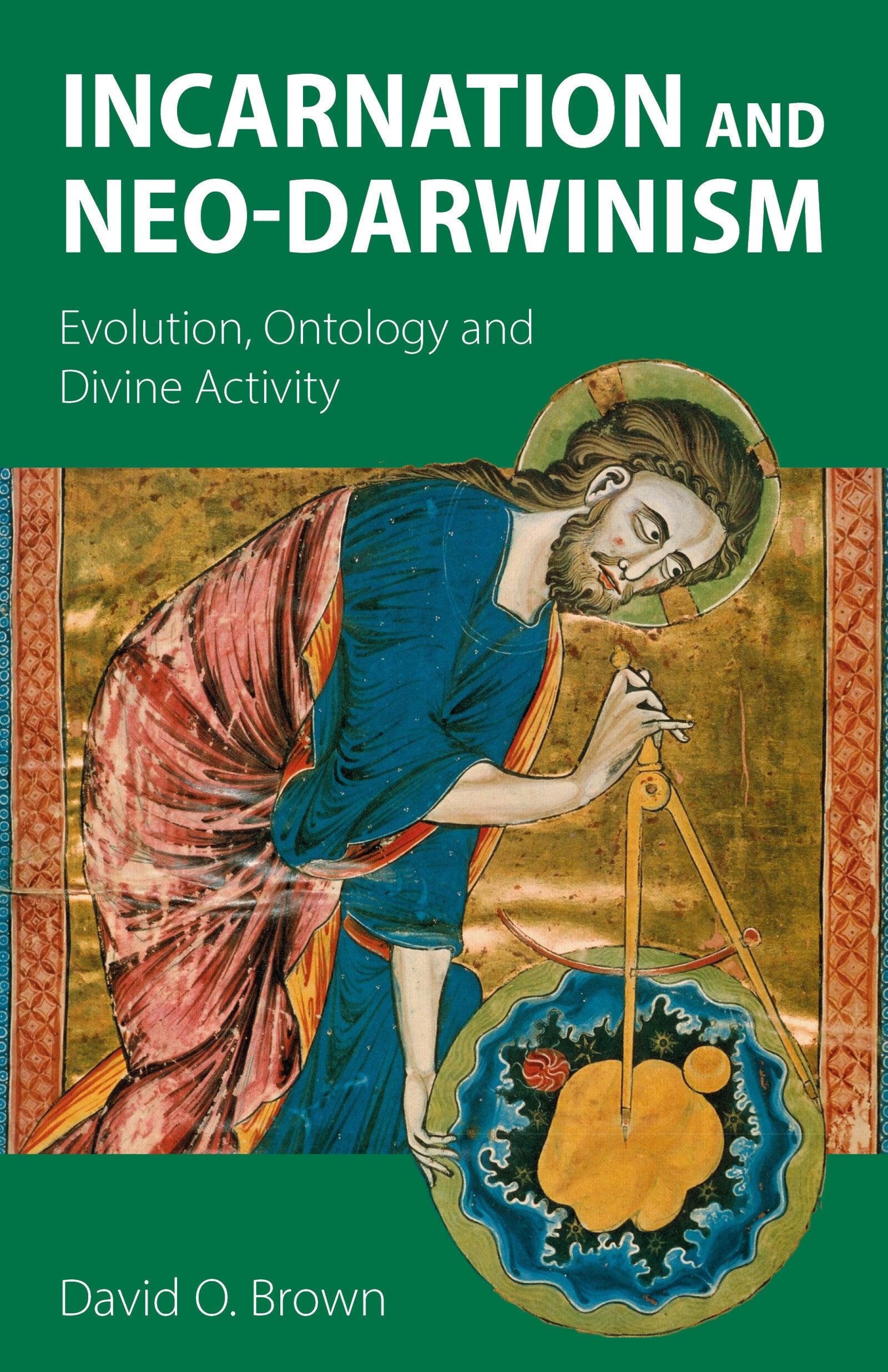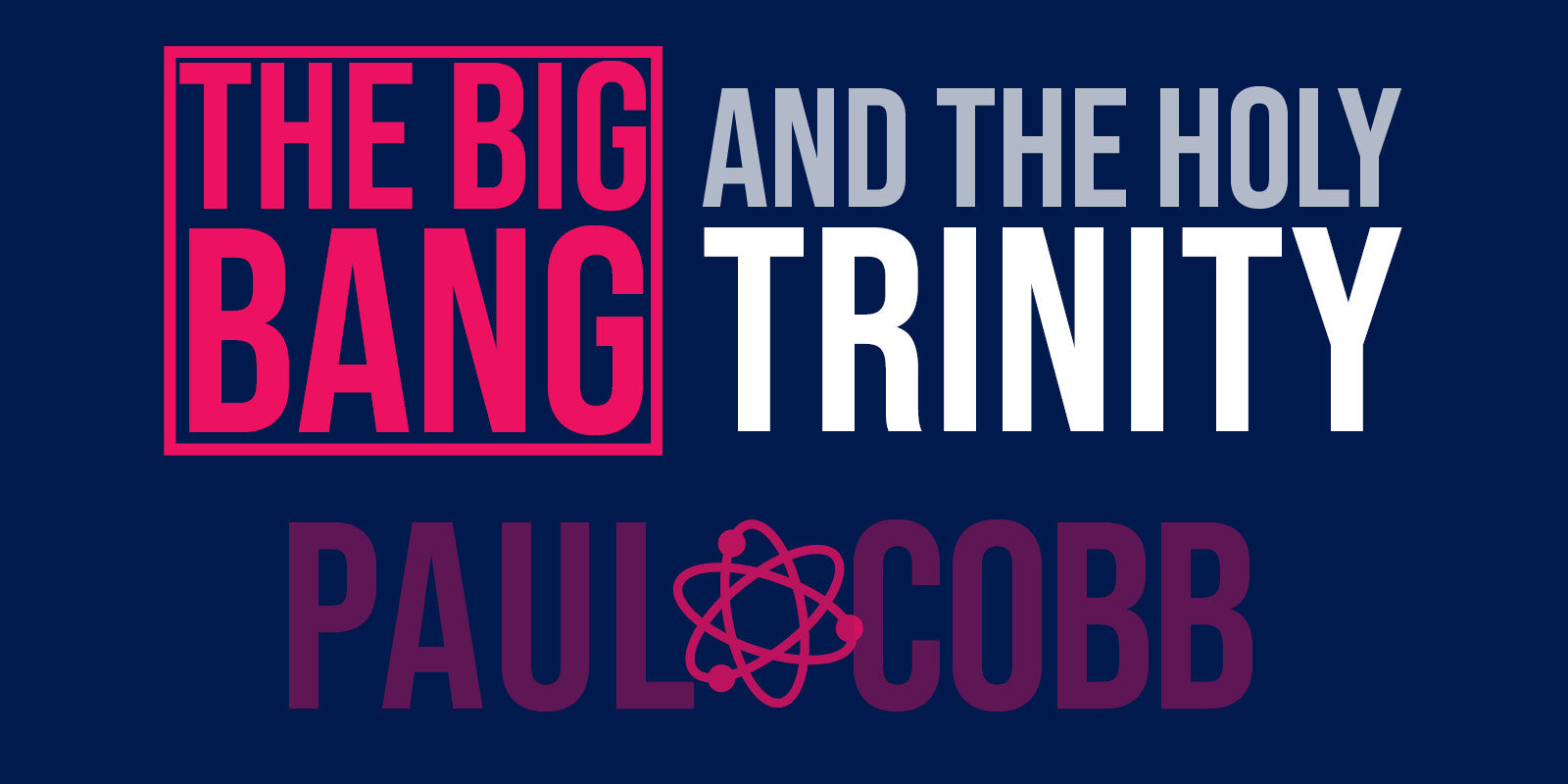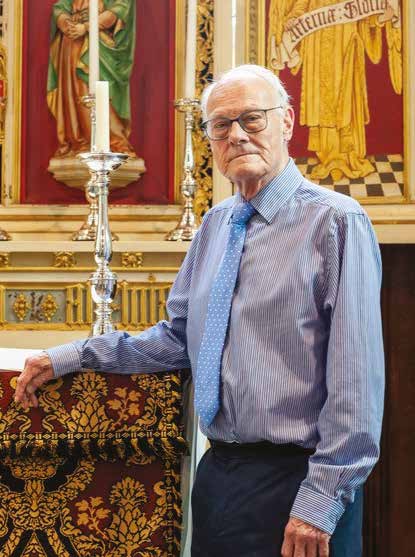
GUEST BLOG: How can theories of creation and evolution be reconciled? David O. Brown explores how one thinker’s efforts were an inspiration in writing his new book, Incarnation and Neo-Darwinism: Evolution, Ontology and Divine Activity.
Sixty years ago this year, Pierre Teilhard de Chardin’s ground-breaking book The Phenomenon of Man was published in English for the first time. By the time I picked it up nearly ten years ago, its popularity had already waned as its many critics had become overwhelming. Yet, I still remember being completely and utterly captivated by the brilliance of what Teilhard tried to do in that book and the numerous essays that he wrote throughout his life. Behind the admittedly difficult language that Teilhard sometimes used, there was a man who was seriously trying to think through what evolution meant to him as a Christian. The result was astonishing; it was like nothing I had ever read before.
Teilhard led an eventful life and spent a large part of it in China, where he was part of the team that discovered Peking Man. However, he was constantly censored and refused publication during his life. While his Jesuit superiors may have been vindicated for that censorship by the scholarly criticism that followed the eventual publication of Teilhard’s oeuvre, it is admirable that Teilhard had the humility to accept that decision while continuing to have absolute faith in what he was writing. He is an example of patience and perseverance that everyone can learn from.
I would not presume to compare myself to such an enigmatic and brilliant writer, but I have always admired his dedication to theology even when he was so routinely silenced. His example placates my own worry that people won’t agree with my writing and dismiss my efforts as unworthy of serious consideration. I would count myself in illustrious company if that transpires.
It might come as a surprise, then, for me to join my voice to those who criticise his particular attempt to reconcile evolution with theology. Yet, his theory of convergent evolution towards the Omega Point isn’t Teilhard’s legacy. Even in the twenty-first century there are those who dismiss evolution as a biological fantasy. Teilhard showed that not only was it possible to see evolution and theology come together in order to better understand the world, but that theology was heightened and was made to shine more brilliantly by such a coming together; theology was transformed into something better when evolution was taken into account. We might disagree with the theory Teilhard argued for, but the goal he was aiming for has undoubtedly transformed theology since.
It is within this context that I have made my own attempt at what Teilhard tried to achieve. I have always been puzzled that theologians have continually maintained that evolution must be directed towards some future goal when biologists (at least the neo-Darwinians among them) are so emphatically of the opposite opinion. In the same spirit as Teilhard, then, I have asked the question as to what theology would look like if we took evolution exactly as neo-Darwinians presented it to us. Primarily, this means seeing evolution other than as a process that the world goes through which would presumably come to an end at some point—as Teilhard himself surmised in the form of the Omega Point.
I would not presume to compare myself to such an enigmatic and brilliant writer, but I have always admired his dedication to theology even when he was so routinely silenced. His example placates my own worry that people won’t agree with my writing and dismiss my efforts as unworthy of serious consideration. I would count myself in illustrious company if that transpires.
Evolution is not a temporary process that the world goes through—a tool that God uses to bring the world to completion and which God will discard at a later point when that process is finished—it is a permanent condition describing what it means to be a creature. In short, that means that evolution is not a more scientifically sophisticated doctrine of creation, but a scientifically accepted ontology—that is, a theory of what it means to exist.
In arguing this point, I noticed that there is remarkable similarity between how neo-Darwinism describes what it means to be a creature and how theologians have used the doctrine of participation in God. Both use the language of derivation and dependence within an unequal relationship that creates difference. For theology, that difference is between God and ‘not-God’; for biology, that difference has created the wonderful diversity that Darwin called the ‘tangled bank’ of life, with its many plants, singing birds, flitting insects and crawling worms.
This obviously provokes a number of questions:
- How do we understand divine activity and God’s relationship with creation?
- How do we understand the role of Christ in a world that no longer accepts the historical accuracy of the Genesis narrative?
- What does Christ’s crucifixion mean in an evolutionary context?
I have wrestled with these very questions and suggest some possible answers in my new book. At face value, some of those answers may seem radical, but I consider them to be no more than a translation of central Christian doctrines into a new, neo-Darwinian language.
I do not claim to have the final word on the tricky subject of the relationship between evolution and theology but if, like Teilhard, I can move that conversation along in some way (however incorrect I may eventually prove to be!), I would have achieved more than I could imagine.
David O. Brown is the author of Incarnation and Neo-Darwinism: Evolution, Ontology and Divine Activity, a ground-breaking new theological appreciation of Neo-Darwinism, in which he argues that evolution is not the way that God creates, but is a consequence of creatures’ imitating and participating in God. Get your copy here.
Cover image: Archives des jésuites de France [CC BY-SA 3.0], via Wikimedia Commons











